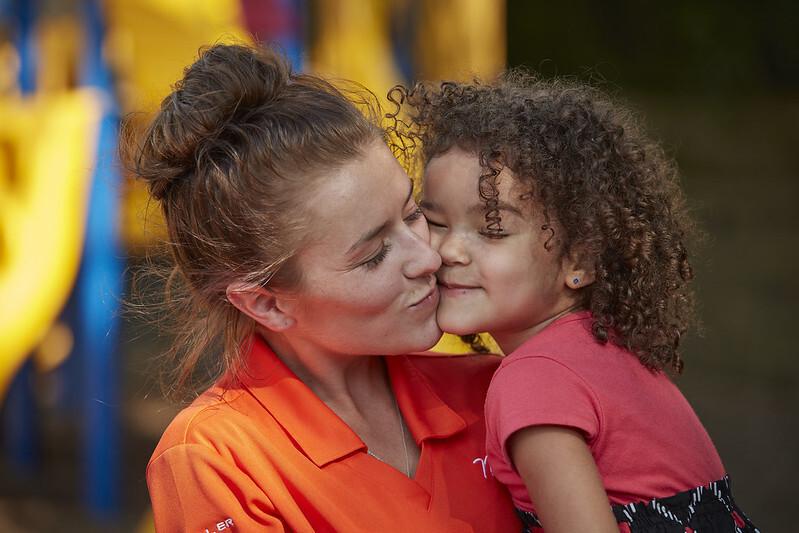Balancing Parenting: Supporting Mental Health Through Shared Routines and Redistributing the Mental Load
(NewsUSA) - Parenting is among life’s most rewarding experiences, yet it can also be one of the most mentally and emotionally taxing. From managing child care and household responsibilities to juggling work and family schedules, the pressure can quickly mount—especially when the workload is uneven.
- Parenting is among life’s most rewarding experiences, yet it can also be one of the most mentally and emotionally taxing. From managing child care and household responsibilities to juggling work and family schedules, the pressure can quickly mount—especially when the workload is uneven.
Whether in a two-parent household or navigating parenting solo, the key to protecting mental health lies in rethinking how responsibilities are managed and making space for self-care and support systems.
In homes with two caregivers, sharing duties more equitably is essential. When one parent shoulders more of the parenting or household load, stress can rise and communication can falter. Creating a more balanced routine can ease that pressure and improve overall family well-being.
Tips for better balance in two-parent households:
- Rotate and assign tasks: Alternating responsibilities like bedtime routines, school drop-offs and pickups, and errands helps prevent burnout.
- Check in weekly: A brief conversation about what’s working—and what’s not—helps keep both parents on the same page.
- Make space for personal time: Even 30 minutes of downtime each day can boost mental wellness and resilience.
For single parents, the mental load can be even greater—but small changes can make a big difference.
Tips for single-parent households:
- Create a weekly plan: A flexible but structured schedule reduces daily decision fatigue.
- Ask for help without guilt: Whether from friends or family, seeking help is a strength, not a weakness.
- Prioritize short mental breaks: Use quiet moments before or after bed or while your child is playing to reset and recharge.
Beyond personal strategies, access to external support—particularly child care—plays a crucial role in family mental health. According to the 2025 KinderCare Parent Confidence Index from KinderCare Learning Companies, consistent, high-quality child care is the number one resource parents say helps alleviate stress. In fact, 90% of parents report that quality child care gives them greater confidence as parents, highlighting its importance not only for children’s development but also for a caregiver’s mental well-being.
Despite its importance, access to child care remains a concern. The report found that 76% of parents believe companies should help cover the cost of care. These findings reflect a growing awareness that employer support for families isn’t just a perk—it’s a vital part of a healthy, productive workforce.
All families—regardless of structure—benefit from prioritizing mental health. That includes setting boundaries, saying no when needed, and recognizing that no parent can do it all. Sharing the load, planning proactively, and leaning on trusted resources like child care can ease the pressure and make space for joy.
Equity in parenting isn’t about perfection. It’s about building systems that are sustainable, fair, and supportive—so that every caregiver has the opportunity to thrive. For more information and resources, visit KinderCare.com.











